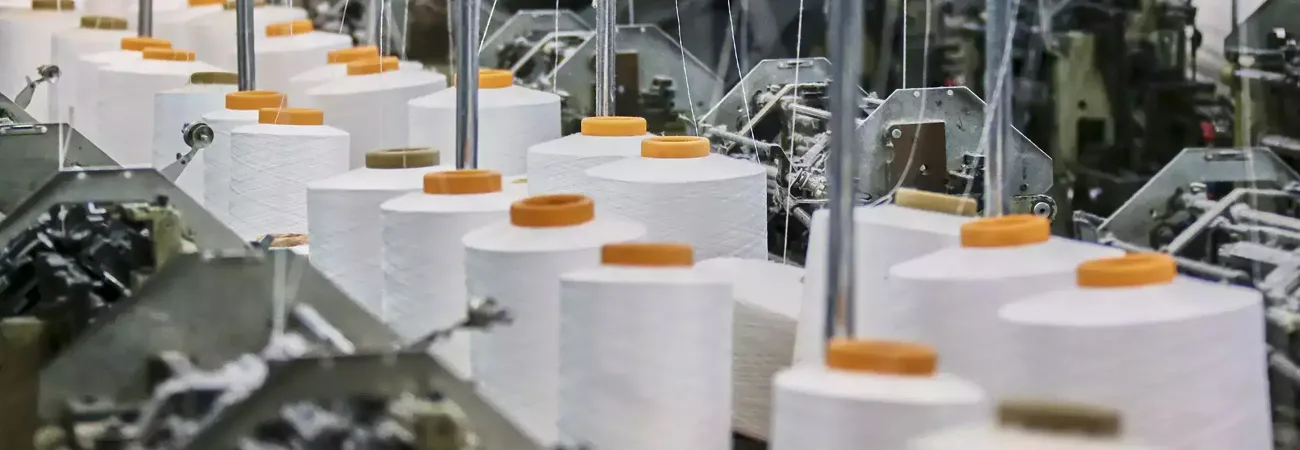i ECONOMY
The textile sector has landed in a whirlpool, finding it hard to compete with its international competitors due to the rising production costs resulting from the fluctuating prices of raw material and inflated gas and electricity tariffs, reports WealthPK. This sector is the prime economic driver, accounting for 8.5 percent of GDP and providing direct and indirect employment to millions of people. Talking to WealthPK, Secretary of Pakistan Textile Exporters Association (PTEA) Mr. Azizullah said the current scenario demanded immediate attention from the government, as the textile sector was dying. "This sector is a major source of earning for the country, employing and feeding millions of people. We are continuously facing a negative trajectory, as the exports are declining due to the high cost of production and paucity of the required funds," he said. He claimed that in November 2023, exports faced a 7.21% year-on-year decrease while the 5-month period of FY2024 showed an overall decline of 6.5% year-on-year.
Pakistan's business rivals like India, Vietnam, and Bangladesh are getting cheaper electricity as compared to Pakistan. The rates of electricity have almost doubled in Pakistan. Owing to the high cost of doing business, the textile exporters of Pakistan are finding it hard to compete internationally. The government should review the current tariff of electricity and gas besides enabling the exporters to compete internationally and serve the buyers efficiently. A strong economy and robust industry are the only solution to the current issues. "The volume of sales tax refund is touching billions of rupees, creating a financial crunch for the exporters and hitting growth and production."
He said new avenues of business were springing up in the international markets where Pakistan's business rivals were getting a good share, but Pakistan's textile exporters were facing the issues of energy and raw materials. The cost of doing business was surging, making it difficult for the exporters to compete in the international market. Approximately, 30-40% of production expenses have increased due to the inflated power tariff which is damaging the textile exports. The PTEA secretary appealed to the government to take immediate measures to save the textile sector from a disaster-like situation.
Talking to WealthPK, Mr. Naeem, another textile exporter, said everyone knew that the textile sector was a major component of the national economy, but nothing practical was being done to save it from the current crisis. "It's praiseworthy that the caretaker government has appointed Gohar Ijaz as minister for commerce. The minister knows very well about the issues of the textile sector, but pragmatic measures are not being taken to save the textile sector from the energy crisis and high cost of doing business," Naeem said. The current crisis will erode the international buyers' trust in Pakistan, as they are finding it too difficult to process their orders as per the schedule.
Credit: Independent News Pakistan (INP)









